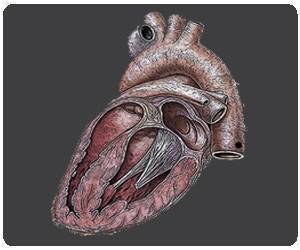
"This mouse is important because it has revealed a new regulatory protein that's very important for normal metabolism, but was never known to exist before," said Nobel Laureate Dr. Beutler, Director of the Center for the Genetics of Host Defense. "The implications of the work may be felt in and obesity research, the study of wasting in chronic disease, the study of muscle cell function, and perhaps other fields."
While at the Scripps Research Institute, Dr. Beutler developed a mouse mutagenesis program, which at UT Southwestern has become the largest and most technologically advanced in the world. The new mouse phenotype was discovered in the lab's colony of mutant mice several years ago, but the mutation was discovered and studied entirely at UT Southwestern, in a collaboration that also involved researchers Dr. William Holland, Assistant Professor of Internal Medicine, Dr. Aktar Ali, Assistant Professor of Internal Medicine, and John Shelton, lab manager in Internal Medicine. Together, they found that a mutation in a gene called Samd4, about which almost nothing was known in mammals, results in the abnormally lean mice, which also have diminished insulin responses to glucose and arginine.
"Whereas many heritable obesity phenotypes are known, lean phenotypes are comparatively uncommon. Yet they can reveal critical checkpoints regulating energy balance," the researchers said.
Source-Eurekalert











